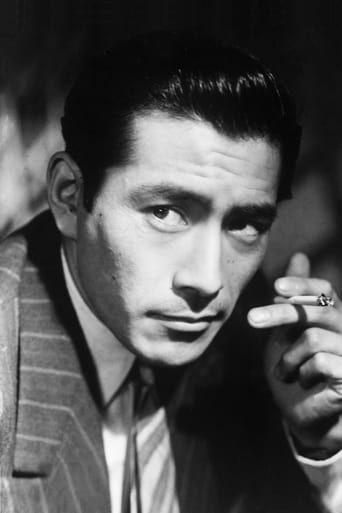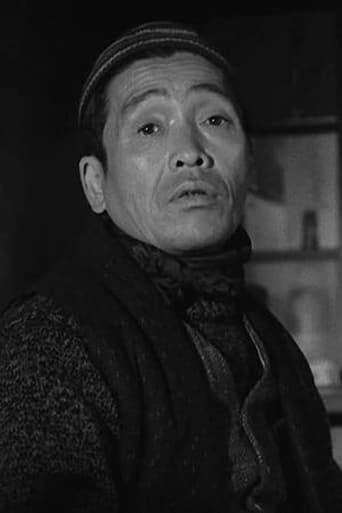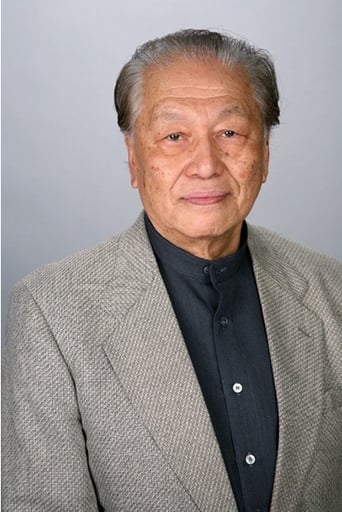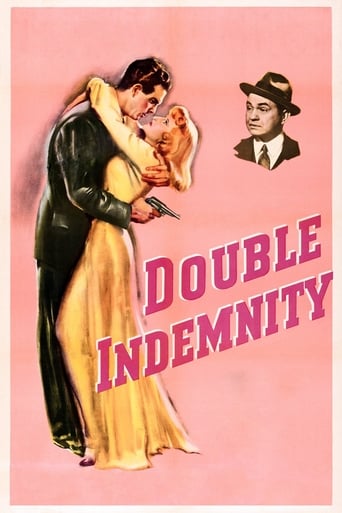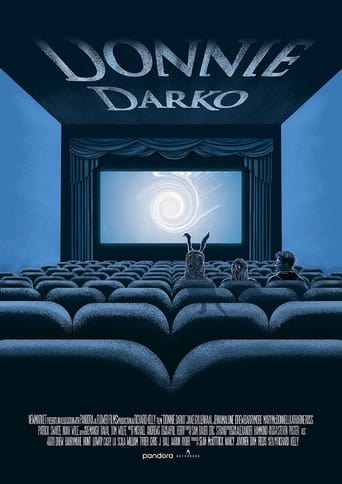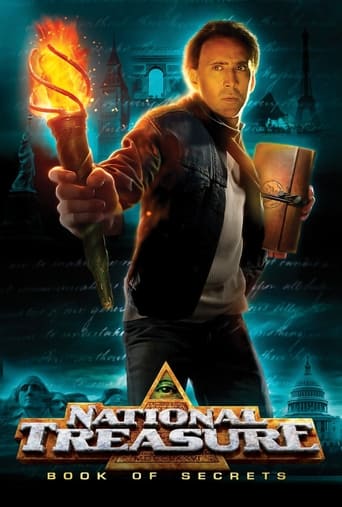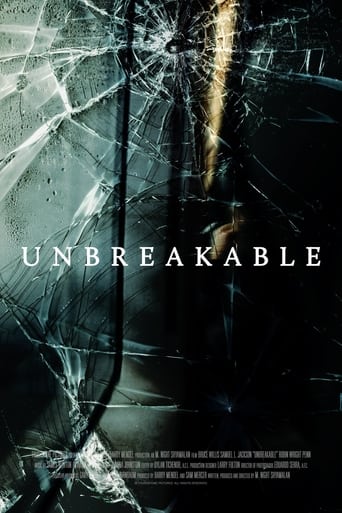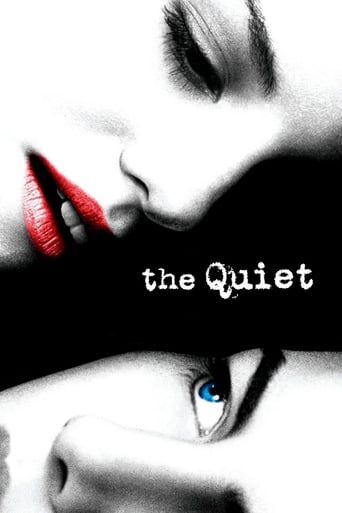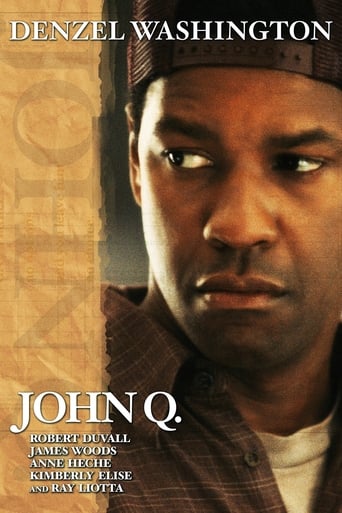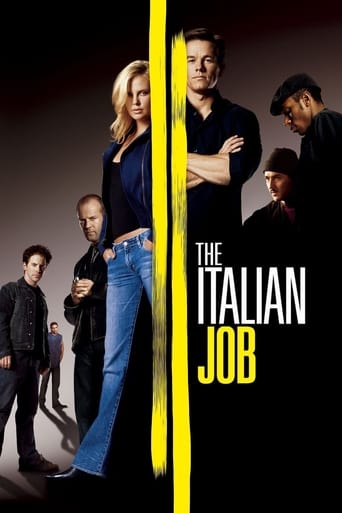
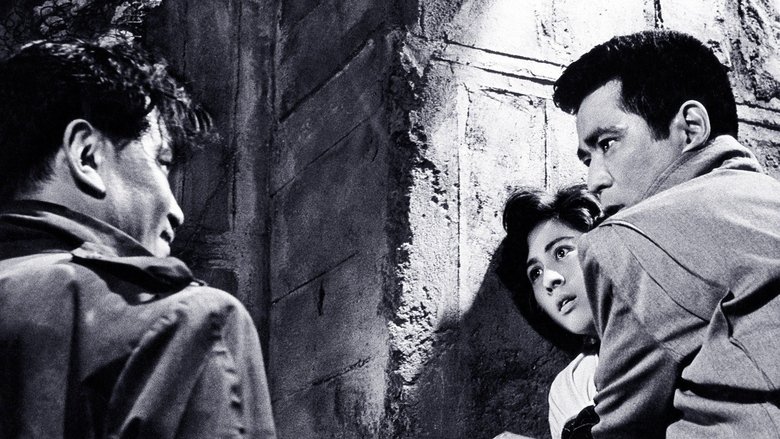
The Bad Sleep Well (1960)
In this loose adaptation of "Hamlet," illegitimate son Kôichi Nishi climbs to a high position within a Japanese corporation and marries the crippled daughter of company vice president Iwabuchi. At the reception, the wedding cake is a replica of their corporate headquarters, but an aspect of the design reminds the party of the hushed-up death of Nishi's father. It is then that Nishi unleashes his plan to avenge his father's death.
Watch Trailer
Cast


Similar titles
Reviews
Pretty Good
People are voting emotionally.
Admirable film.
When a movie has you begging for it to end not even half way through it's pure crap. We've all seen this movie and this characters millions of times, nothing new in it. Don't waste your time.
While enjoyable, the film to me was very long and drawn out in it's pacing, but it has moments of brilliance and Kurosawa's usual artful directing style. Toshiro Mifune is rather restrained and against type, but it suits the film well. His character marries into a family of wealthy, corrupt bureaucrats who have a tendency to not get caught, silencing any dissenting voices, especially from any employees who don't play along. "The Bad Sleep Well" has it's fair share of twists and turns, playing out like a film noir, with a distinctive Japanese twist.After recently watching Kurosawa's masterful ransom drama "High and Low", this movie comes off as a bit of a let down, mainly because I felt the story didn't need to be as convoluted as it was (the opening marriage scene, for example, has all the main players and their back stories hurriedly introduced by a group of observing reporters) and from the start it was a bit hard to follow along and be as connected with the characters and plot as I'd have liked to have been. In saying all that, the ending is brilliant, lending great dramatic weight to the proceeding events as well as being completely surprising.
This seems to be considered by some to be 'minor' or 'mediocre' Kurosawa. In my opinion, nothing could be farther from the truth. This is one of the director's greatest achievements. It is elegantly done, thrilling, and in its final scenes has the force and power of the finest of tragedies.It is the story of a man called Nishi, played by Toshiro Mifune, who attempts to expose corporate corruption and bring the bureaucrats responsible for his father's death to justice. To further his efforts, he marries the daughter of an unscrupulous businessman. At first things seem to go well for him. But he cannot even begin to comprehend the might of the system with which he is dealing Mifune's role may not be as flashy as his lone samurai in "Yojimbo" or his exuberant bandit in "Roshomon", but the part is no less great. Nishi is a character consumed with inner demons. His relationship with the father he seeks to avenge is complex. He is the illegitimate child of a man that abandoned his mother before Nishi could even remember him in order to marry a woman of higher standing. Still, Nishi recalls that his tormented father returned to him from time to time in the guise of an uncle, showing love under cover he was unable to reveal any other way. Nishi is fueled by a sense of righteousness and justice, but must come to grips with whether his quest for revenge is making him as ruthless as those he stands against. Also, he must deal with the love that begins to stir in him for his nemesis's daughter. It is an incredible role, to be sure, played with quiet restraint and gravitas by Mifune.Although Nishi goes to extremes to achieve his ends, and can at times seem merciless, the viewer never loses sympathy for him. He can show pity when he seems the most brutal. He can appear cold, and then later reveal the sensitivity and tenderness buried under a bitter exterior. This is most evident in gentle scenes with his wife, or exchanges between him and his only close confidante and fellow conspirator, a friend from his childhood. He seems so very human, so vibrant with passion, confidence, and life, that one almost feels he is going to make it and be successful – which only makes it all the more crushing when he is destroyed.The ending of the film is unsparing in its bleakness. Not only does the Corporation kill Nishi, it also demolishes his reputation and consigns him to ignominy in the memory of the general public. All his noble efforts fall to ruin. Only those that had been near to him in life realize the truth, but without proof they are left to whine and wail in anguish to an unfeeling sky. There is no hope. There is hardly even any room for catharsis, because everything unfolds with such relentless swiftness and bluntness. Those with honorable intentions are squashed like ants while the corrupt officials of the company get on comfortably with their lives. That's it. That's how it goes. This closing leaves the viewer gutted, overwhelmed with a deep, visceral sense of despair. It is among the most powerful endings I have seen in a film, and Kurosawa's sobering comment on the darker nature of the world again shows the perceptiveness that made him one of the best directors of all time.A masterpiece, and worthy of the same recognition as "The Seven Samurai" or "Ran".
Once again we must bow at the feet of the master. Kurosawa's postwar Hamlet is rife with irony in its skillful, profound handling of the perennial 'question of evil.' The protagonist Nishi finds himself gradually becoming as corrupt and brutal in his own way as the degraded men he seeks to expose. Fallen corporate executive Wada and Nishi's wife, the daughter of the corrupt Public Corporation's CEO Iwabuchi, remain just about the only truly innocent characters. Even her brother is motivated by homicidal revenge. Then there's the irony of Nishi using underground ruins from a World War II bombing to hide his captive in. Kurosawa thus emphasizes the 'descent to hell' in a striking visual metaphor near the end of the film when Nishi's clever gamesmanship has resulted in him having to commit serious crimes in order to carry out his scheme for revenge. The setting may also double as an ironic commentary on the after-effects of the war on Japanese society in general. This so far is the most American Kurosawa film I've seen: the cars, clothes, the men's hair and some of the characters' mannerisms—even the executive Iwabuchi lives in a Western- style home. Is Kurosawa saying that American ways have corrupted Japanese society? That would have been shockingly bold when the film was made in 1960, with American money still pouring into the rebuilding of Japan. In many ways The Bad Sleep Well is also Kurosawa's tribute to the American film noir genre. Take away the Japanese dialogue and the urban Japanese setting and imagine it in Chicago or New York or LA, and even esthetically the look is noir. Kurosawa wastes no opportunity to depict the antihero Nishi casting a heavy shadow on the wall. In a less overt way, Nishi's naive bride is the classic noir femme fatale, in the sense that it's her who is fooled by her corrupt father into revealing her husband's hiding place. Just as in classic American noir, the men may be tough guys but when it comes to sacrificing their vision of virginal womanhood, they crumble.My favourite line in the film—and the one that probably sums up Kurosawa's theme in a single sentence: "You can't bring evil to justice by using the law." But if you're a brilliant film director, you can torture corrupt characters in cinematic hell for their crimes. The long opening sequence with the reporters observing the marriage of Iwabuchi's daughter to Nishi is positively delicious. As uncomfortable revelations are made by the public prosecutor, with the hungry press scooping every dirty detail, we get to watch the executives squirm. The entire stiff pantomime of the marriage ceremony (though with the Western wedding march) becomes both a satire of traditional ritual and a living purgatory for the guilty. Very much as it was for Hamlet's shattered family in the wake of a covered-up murder. Meanwhile the phalanx of reporters in The Bad Sleep Well becomes a kind of Greek chorus, providing the subtext to the unfolding event. Judging by Nishi's fate, Kurosawa also seems to be saying, "You can't bring evil to justice by using lawlessness." Which leaves one wondering: is there any solution to the problem of evil? If that's the message, then the film comes to an ultimately pessimistic conclusion about human nature, just as many noir classics do. An amazing achievement in film art.
There is no doubt that Akira Kurosawa had great affection for the rich history of his native Japan. Watching films like Rashomon and Seven Samurai show his attention to detail and his desire to make those stories as authentic as possible. However, Kurosawa also thoroughly enjoyed American novels and stories as well as anything Western-related. In this film, he borrows heavily from American dramas of the time using similar costumes, set pieces and locations to showcase a story that some say is reminiscent of Hamlet, though I don't know.As the story opens, we know very little and through the first ten minutes or so we know even less as we see all the events happen through the media's point of view. Then, we follow Nishi, a hardworking secretary who married his boss' daughter in the opening credits. As the story unfolds, we learn Nishi's father was forced to commit suicide and he is after revenge on the men responsible. Kurosawa masterfully keeps us in the dark for practically the entire time so that the only time everything really comes together is at the end. Toshiro Mifune does a good job of playing someone who keeps most of his emotions bottled up despite having played very extrovert characters before. I would say if you like Kurosawa to give this a chance. It isn't one of his best, but the plot is intriguing, the acting is convincing, and the films looks great as well. It may be a little long, but that is small potatoes to what is going on here.


